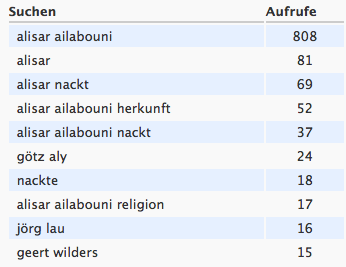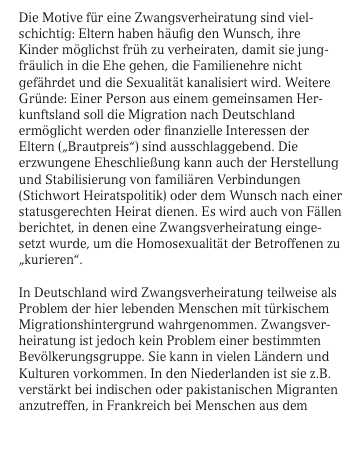Reuel Marc Gerecht, ein amerikanischer Iran-Experte, der in den achtziger Jahren bei der CIA für das Land zuständig war, wirft Obama vor, zu lange an seiner Strategie der „ausgestreckten Hand“ zu bleiben und zu wenig für die oppositionelle Bewegung des Landes zu tun. Obama soll Gelder bewilligen, mit denen der Zugang der Bewegung zu digitalen Medien und Satellitenkommunikation erleichtert wird. Iran, mein Gerecht, brauche ein Programm wie während des Kalten Krieges die Länder hinter dem Eisernen Vorhang:
As it turns out, many of the intellectual heavyweights who’ve driven Iran’s ever-growing pro-democracy Green Movement also love Popper and his defense of liberal democracy. The former reformist president, Mohammad Khatami, who is fascinated by (and a little fearful of) Western philosophy and the economic dynamism of liberal democracy, can’t stop writing about Popper. And the much more influential Abdolkarim Soroush, an Iranian philosopher of religion who may be the most important Muslim thinker since the 11th-century theologian al-Ghazali, also pays his respects to the Austrian in his efforts to create a faith that can thrive in a more open, democratic society.
(…)
The Green Movement, which is an upwelling of Iran’s enormous cultural and political transformation, is what America has long wanted to see in the Middle East, especially after 9/11: a more-or-less liberal democratic movement, increasingly secular in philosophy and political objectives, rooted in Iran’s large middle class and even larger pool of college-educated youth (a college education in Iran, where the revolution zealously opened universities to the poor, doesn’t connote any social status).
The movement is similar in its aspirations and methods to what transpired behind the Iron Curtain in the 1980s. It aims to incorporate the spiritually dispossessed, the free thinkers, the poorly paid, the young (more than 60 percent of Iran’s population is now under 30), the dissident clergy and, perhaps most important, the first-generation revolutionaries of the 1970s who have been purged by Ayatollah Ali Khamenei, Khomeini’s charisma-free, paranoid successor as supreme leader. The movement is also the most recent manifestation (the first being Mr. Khatami’s presidential victory in 1997) of widespread anger by women over their second-class citizenship in the Islamic Republic.
The movement is unique in Islamic history: an intellectual revolution that aims to solve peacefully and democratically the great Muslim torment over religious authenticity and cultural collaboration. How does a proud people adopt the best (and the worst) from the West and remain true to its much-loved historical identity?
(…)
The principal battle is not between “us” and “them,” but within Islam itself. Yet President Obama doesn’t seem to grasp that the United States is unavoidably part of this increasingly violent struggle. And we really do want one side to win: the friends of Karl Popper.
Ich sympathisiere mit dieser Lesart. Aber was ist mit dem Einwand, dass eine allzu offene Unterstützung der „Grünen Bewegung“ durch Amerika die Authentizität dieser Protestbewegung in Frage stellen und den Propaganda-Schergen des Regimes Recht geben würde – dass es sich nämlich um eine verdeckte Operation von ausländischen Feinden der Islamischen Republik handelt? Soll man sich darüber einfach hinwegsetzen? Man kann diesen Einwand ja gerade auch von iranischer Seite hören: Kompromittiert uns nicht durch Einmischung. Das Dilemma bleibt.



